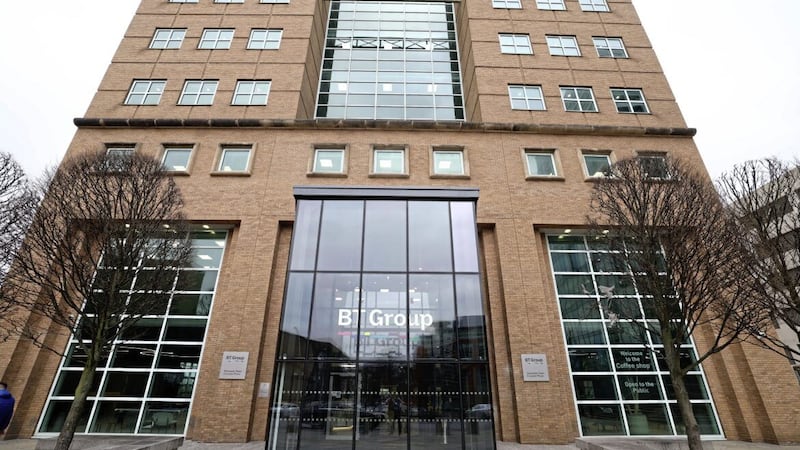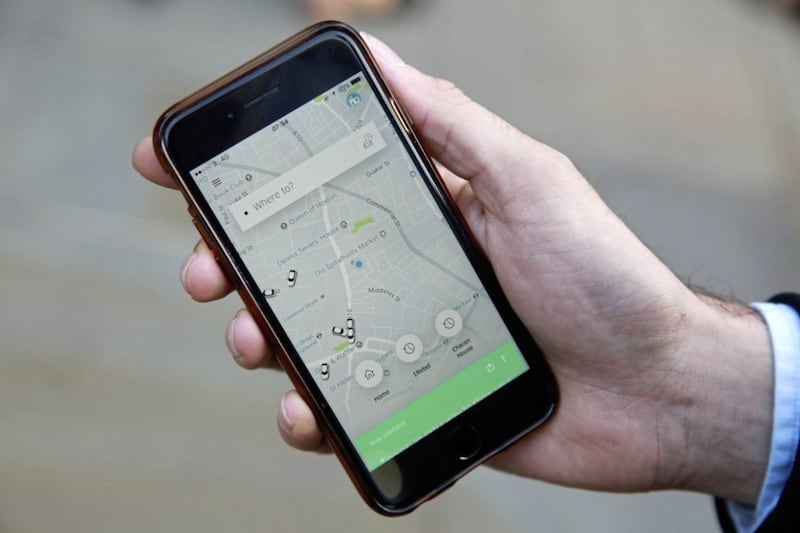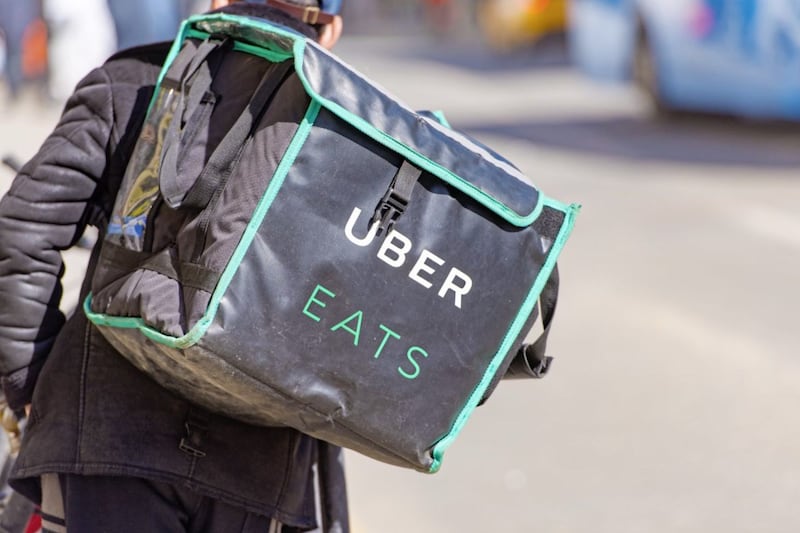THE number of people doing gig economy work has doubled in the last three years, research suggests.
A survey for the TUC by the University of Hertfordshire indicated that nearly one in 10 working-age adults now work in a so-called gig job at least once a week, compared with around one in 20 in 2016.
Most gig workers do not work full-time, with jobs including taxi driving, deliveries, office work, design, software development, cleaning and household repairs.
A survey of adults suggested that younger workers are the most likely to work in the gig economy.
A fifth of those polled said they were notified digitally if work is waiting for them and a quarter use apps or websites to record the work they have done.
TUC general secretary Frances O'Grady said: "The explosion of the gig economy shows that working people are battling to make ends meet.
"Huge numbers are being forced to take on casual and insecure platform work, often on top of other jobs.
"The world of work is changing fast and working people don't have the protection they need.
"Government must get wages rising to make sure everyone has a secure job that pays the bills, and everyone working for an employer must get basic rights like the minimum wage and holiday pay."
Ursula Huws, professor of labour and globalisation at the University of Hertfordshire, said: "In a period when wages have been stagnant, people are turning to the internet to top up their earnings.
"We see the Uber drivers and food delivery workers on our streets every day, but they're only a small proportion of gig workers.
"They're outnumbered by an invisible army of people working remotely on their computers or smartphones or providing services in other people's homes."
The report was based on a survey of over 2,000 adults, including more than 200 gig workers.
Meanwhile the number of UK job vacancies has fallen by 8.6 per cent in the last year amid Brexit uncertainty, a report suggests.
Jobs site Adzuna said advertised roles have fallen every month since March, "sparking concern" for the future of the employment market.
Advertised vacancies have fallen to 1,035,387, down by more than 97,000 since a year ago, said Adzuna.
Healthcare and nursing is the only sector to see consecutive month-on-month increases in vacancies this year, with almost 69,000 unfilled positions in the NHS, research found.
Adzuna said if the trend continues it could spark concern for the health service.
Andrew Hunter, co-founder of Adzuna, said: "Employers appear to be uneasy and hesitant to invest in additional staff as Brexit delays continue.
"As EU negotiations move into the typically quiet summer months, we do not expect to see an immediate recovery in the job market as jobseekers turn their attention to the summer holidays.
"It's not all bad news for jobseekers as salaries still push above inflation, with employers eager to find the right talent."








